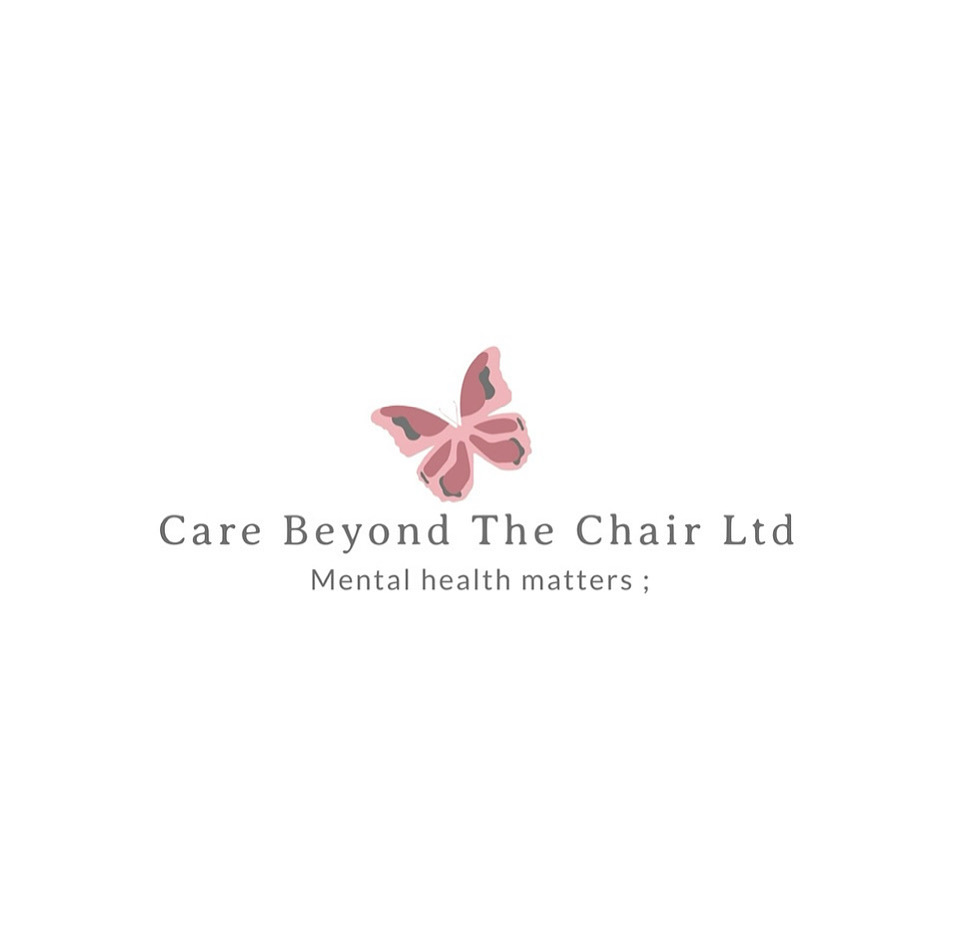Beyond the Chair: Balancing Beauty and Mental Wellbeing for Hair Professionals
- Care Beyond The Chair Ltd

- Jun 25, 2025
- 2 min read
The hair and beauty industry is often seen as a world of glamour and creativity. Hair professionals dedicate their time to making clients look and feel fabulous, often providing a significant boost in confidence. However, behind the shiny exterior of the salon lies a reality that is less glamorous—mental wellbeing. As hair professionals devote their energy to enhancing the appearance of others, they can easily overlook their own mental health needs.
The Emotional Labor of Beauty Work
Every day, hair professionals face the unique challenge of balancing their emotional labor with their personal mental wellbeing. Engaging with clients requires active listening, support, and encouragement, which can be exhausting. A study found that about 75% of beauty professionals reported feeling emotionally drained after their shifts, highlighting just how taxing this investment can be.
Emotional labor refers to managing feelings and expressions to meet job expectations. For a hairstylist, this might include listening to a client share their struggles, providing a comforting presence, or helping clients feel beautiful before a big event. While helping clients is rewarding, the emotional toll can stack up quickly, especially in busy salons where the pace is often frantic.
The Pressure to Perform
The beauty industry evolves rapidly, and hair professionals frequently find themselves pressured to stay current with trends, styles, and techniques. For instance, nearly 60% of hair professionals have attended workshops or classes in the last year to remain competitive. This constant drive to keep up can breed feelings of inadequacy, causing self-doubt to creep in when it's most unwelcome.
Additionally, the fear of criticism from clients and peers can spike anxiety levels. Many hair professionals feel that their value is tied to their skills and their clients’ satisfaction. When facing periods of self-doubt or negative feedback, this connection can amplify feelings of insecurity.
Finding a supportive community is crucial. Building connections with fellow beauty professionals can create a safe space for sharing experiences and challenges. A local hairstylist group or online community can offer valuable support and encouragement, helping to foster healthier work environments.
Establishing boundaries with clients is another vital self-care strategy. Setting clear expectations for appointments and taking regular breaks can safeguard personal wellbeing. For example, incorporating 5-minute breaks between clients can allow time for mental renewal and reflection.
Seeking Professional Help
If feelings of overwhelm persist, seeking professional help can be an important step. Therapy or counseling provides tools and strategies to help manage the unique demands of the beauty industry. Research has shown that individuals who engage in therapy see a 30% improvement in coping strategies over time.
Mental health should never take a backseat, particularly in a profession dedicated to enhancing the lives and appearances of others.
Balancing Passion and Health
The beauty industry undoubtedly presents unique challenges, especially regarding mental wellbeing for hair professionals. By understanding the emotional aspects of their work, recognizing industry pressures, and implementing self-care strategies, these talented individuals can cultivate a better balance between their passion for beauty and their mental health.
The journey to maintaining mental wellbeing may require commitment and support, but the benefits—for both the professionals and their clients—are immensely rewarding.



Comments